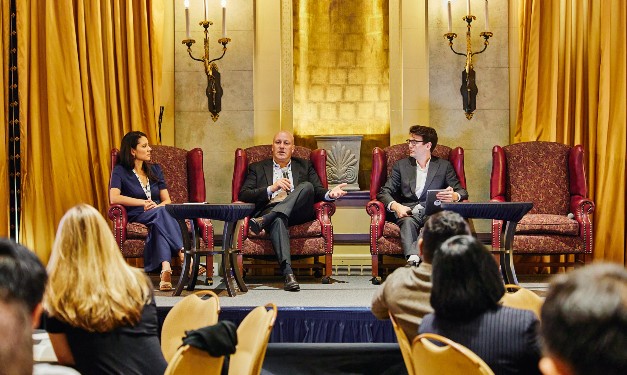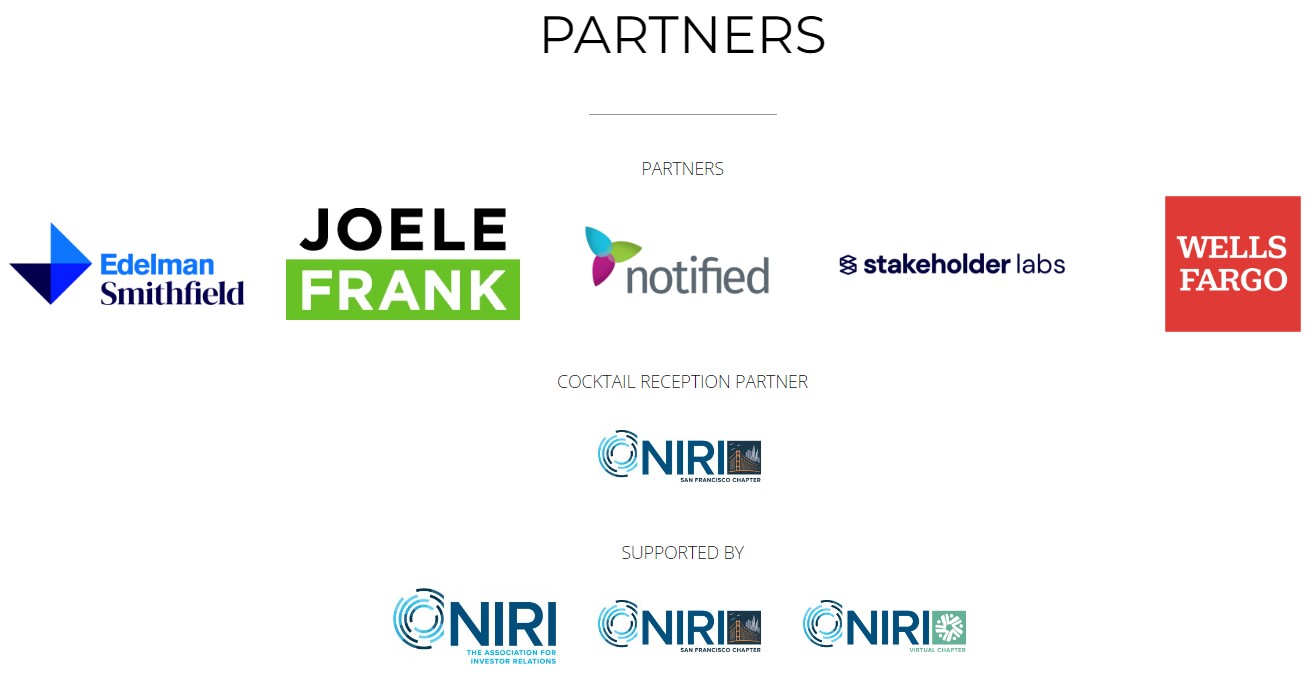Senior IROs gathered in San Francisco in late September for the second IR Magazine Think Tank – West Coast of the year. The first session tackled the backlash against ESG initiatives and whether this impacts the way companies should tell their story.
The audience heard that, while the anti-ESG movement has become more prominent in recent years, companies will need to continue talking about environmental and social issues, given growing regulatory focus on this area.
Along with incoming rules in the US, reference was made to the new reporting regime in the European Union. Around 10,000 companies from outside the region, including 3,000 in the US, will need to follow tough sustainability reporting rules if their EU-based operations meet certain thresholds.

Companies were also urged to make sure that sustainability issues are truly aligned with the overall business objectives and not treated as an add-on. You’ve got to talk about ‘how ESG fits into strategy,’ said one speaker.
Following this session, attendees took part in roundtable discussions, where they could dig further into the issues through candid discussions with other IROs. In particular, the roundtables covered two areas: how to communicate your environmental performance to stakeholders, and what happens when your company is caught in the middle of a high-profile social issue.
Investor-day advice
Later panels covered retail investors, post-pandemic corporate access and how to get the most out of investor days.
During the latter discussion, speakers stressed the importance of having a good reason for holding an investor day. Whether it be adjusted margin targets, a change in capital allocation policy or introducing executives, you need ‘something new to convey,’ the audience was told.

Following lunch, the afternoon began with sessions on technology and careers. A key topic of interest was generative artificial intelligence (AI) tools, such as ChatGPT, and how they could change the IR role.
Speakers noted the value of generative AI for tasks such as synthesizing data, brainstorming new ideas and staying up to date on industry trends. But audience members were cautioned about the risk of going beyond AI-powered tools from service providers and experimenting on their own, given that IROs often deal with non-public information.
The think tank closed with a special session called the ‘IR situation room’ – where attendees worked together to solve real-world IR challenges suggested by their peers. For more information about the IR Magazine Think Tank – West Coast II, please click here.











